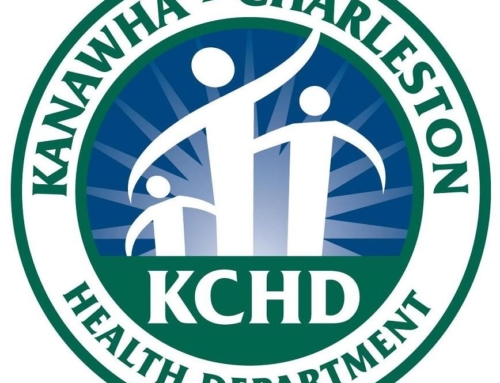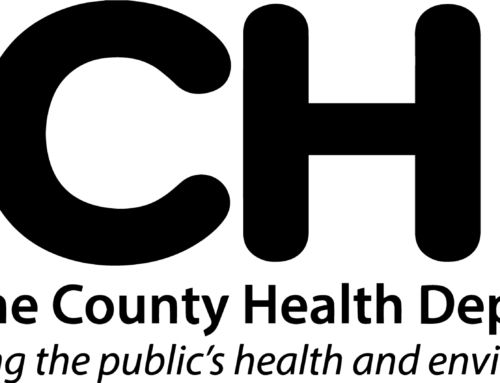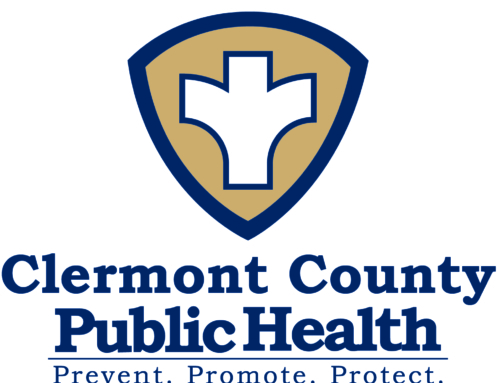Project Description
Accreditation Lifts Logan County Health Department to New and Higher Levels of Accountability
By Mikeal Murray, MS
The accreditation process helped us discover that, while we were doing the work of a quality public health department, we were not always capturing appropriate documentation to prove it. We saw this as a basic theme of accountability. This theme popped up throughout the accreditation process, but manifested the most in measures pertaining to our work with our community partners. The pattern that repeated itself was: “Do we do this measure? Yes! Can we prove it? . . . no.”
As a result, we developed local policies to guide us in documenting our work in a consistent way. The guiding principle was for health department personnel to ask themselves “Can I prove my activity in a court of law?” If the event documentation was sufficient to do this, it should be sufficient for any other documentary purpose; if not, additional documentation should be developed and/or acquired. This principle was applied to such situations as meetings, community engagement events, policy and procedure development, providing technical assistance, public information messaging, collaboration with community partners, and collecting data from the community. Documentation concepts included evidence of authenticity, meeting documentation, and participation in coalition activity. The battle cry for this effort became: “If it wasn’t documented, it didn’t happen.”
Addressing this theme also led to the development of other tools for tracking the progress of a variety of public health metrics where our Central Office processes were not adequate. This had an impact on such areas as community health assessment, strategic planning, performance management, engagement with policy makers, and regulatory and compliance activities. While we recognize the asset(s) provided to us by our agency centralization, accreditation helped us to realize that we need not be inextricably bound by the status of Central Office resources. The development of our own local policies and procedures, created in conformity with those of our Central Office, could target the unique characteristics present in the communities within our service area. This made us more responsive, or “accountable,” to the people we serve.
About the author: Mikeal Murray, MS is Accreditation Coordinator at Logan County Health Department in Guthrie, Oklahoma. Contact Mikeal at [email protected].
⇒ Other major benefits gained as a result of going through the accreditation process:
- Quality Improvement was “formalized” within our health department.
- Health department strengths and weaknesses were identified through the strategic planning process.
- Partnerships were strengthened through the strategic planning process and their involvement with our accreditation efforts.
- The workforce became more aware and knowledgeable of “the big picture.”
- Resource status was more specifically identified within the health department.




